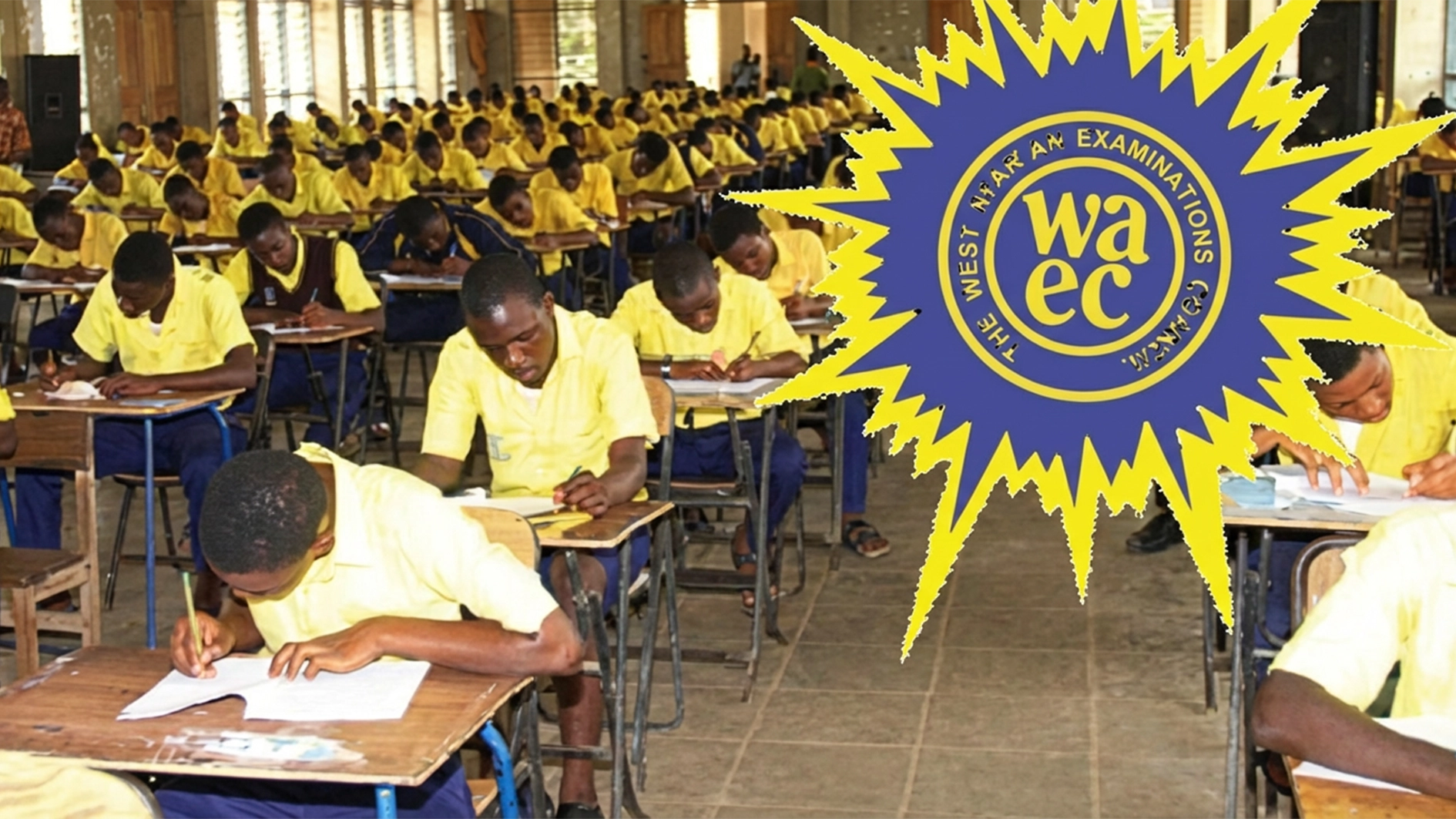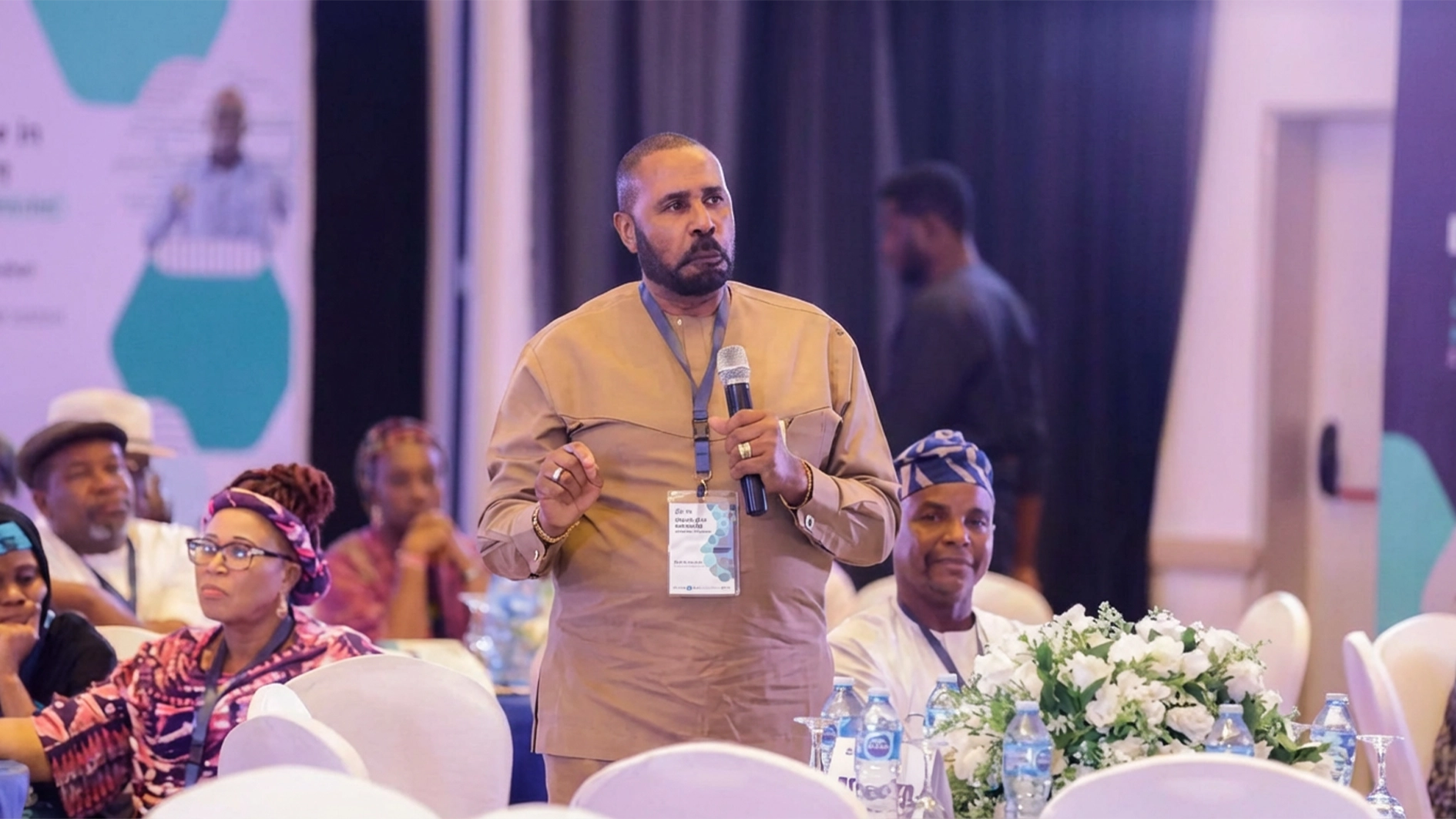The Universal Basic Education Commission has attributed the failure of states to access about N68 billion intervention funds to systemic inefficiencies and outdated work plan templates that have been in use for more than a decade.
Executive Secretary of the commission, Dr Aisha Garba, said the challenges had slowed down utilisation of the funds meant to improve basic education across the country.
Speaking at a training workshop for Directors and Desk Officers of Physical Planning, Garba explained that the commission had revised the basic education action plan template to remove bottlenecks and ensure accountability.
Represented by her Special Assistant, Ibrahim Gold, the UBEC boss said the new template, which was officially unveiled in May, was designed to simplify processes for states to access intervention funds, including matching grants, teacher professional development, and special needs allocations.
“This capacity building workshop is in line with reforms, especially in the area of developing work plans to access the UBE intervention funds. The thinking in the commission is to have only one work plan for the different envelope, hence, the need to come up with workable and user-friendly templates to replace the existing one that has been in operation for over two decades,” she said.
Garba noted that states’ failure to meet the basic requirements had left billions of naira lying dormant at a time when public schools struggle with inadequate facilities and poor learning outcomes.






